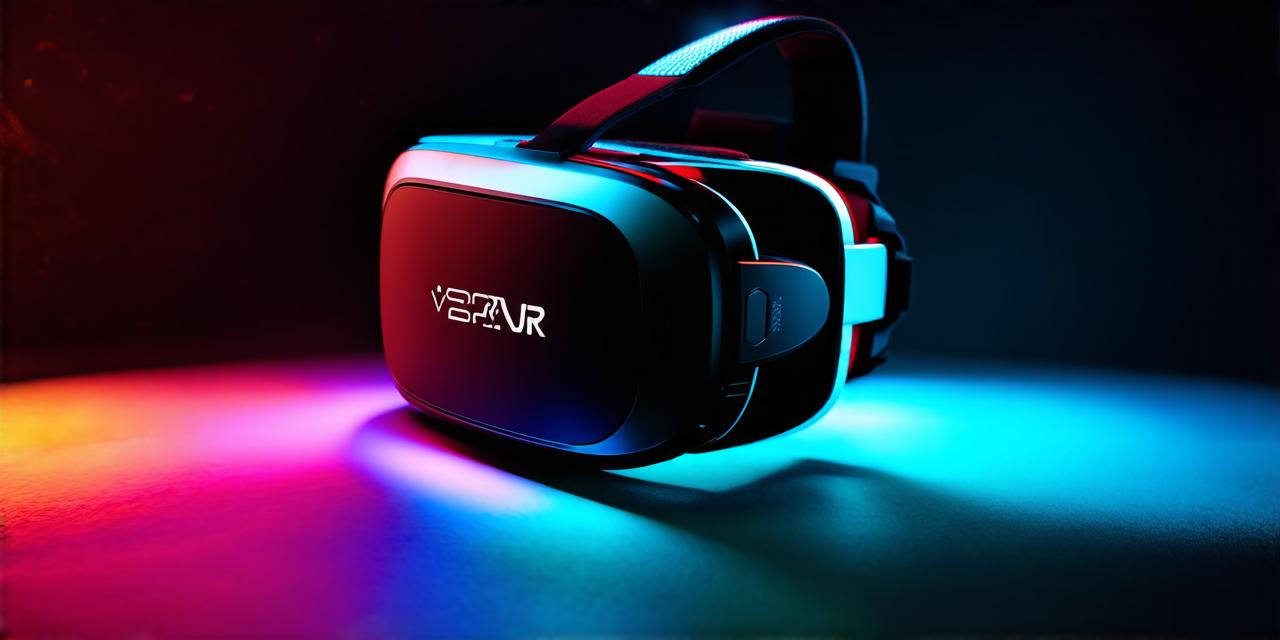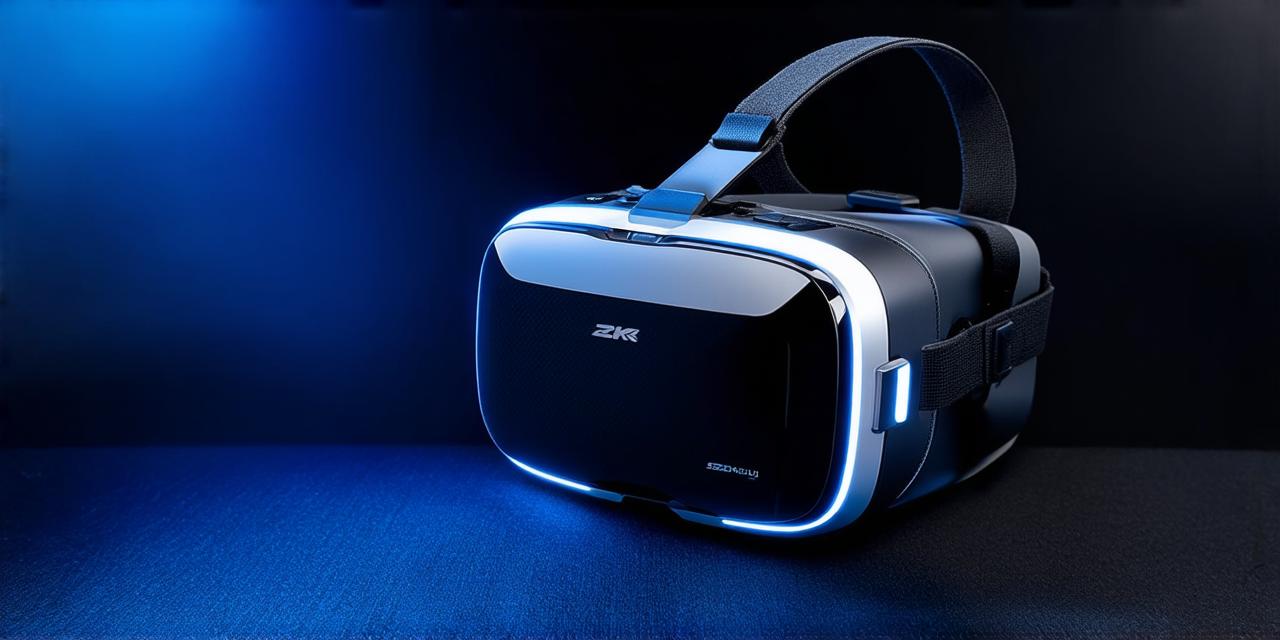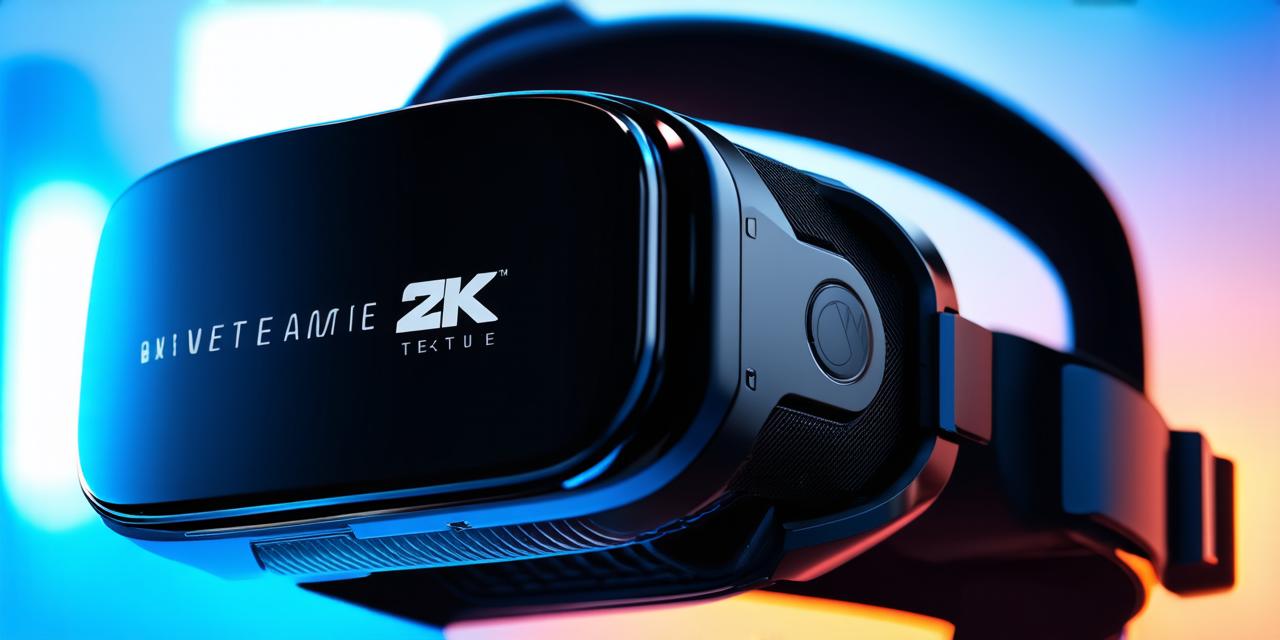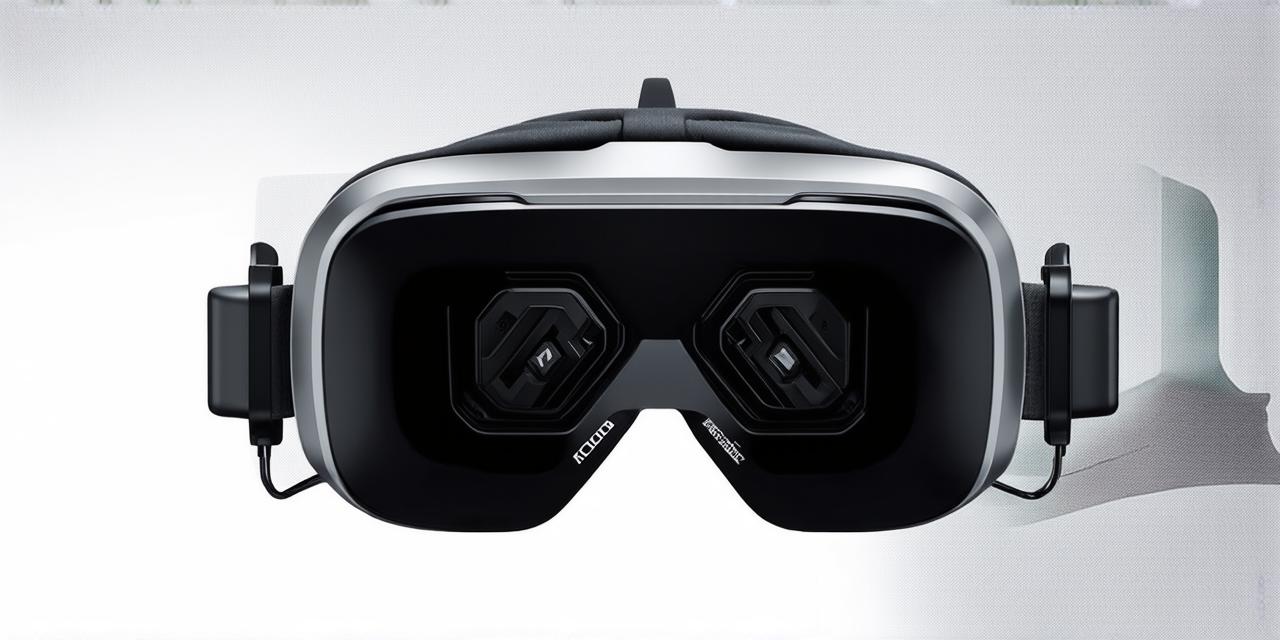Virtual Reality: When Will It Become a Reality for Everyday Consumers?
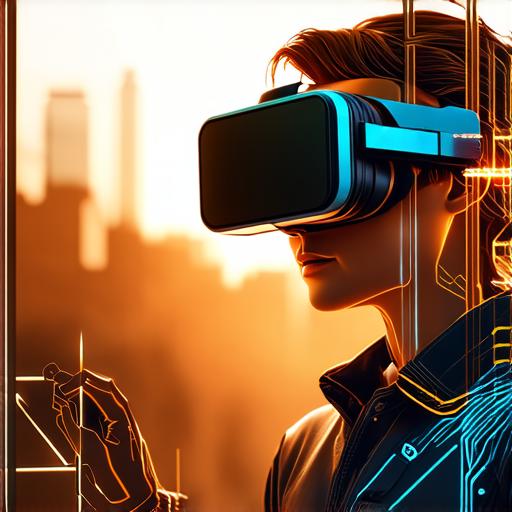
Virtual reality (VR) technology has been around for decades, but it’s only in the last few years that we’ve seen significant advancements in the field. With the rise of mobile devices and the increasing popularity of gaming, VR is finally starting to gain traction as a mainstream technology.
One of the main barriers to widespread adoption of VR technology has been its high cost. While there have been some affordable options available in the past, such as the Oculus Rift and HTC Vive, these devices still require a powerful computer or gaming console to run, which can be expensive for many people.
However, with advancements in hardware and software, we’re starting to see more affordable options becoming available.
Another factor that has hindered the adoption of VR technology is its lack of content. While there are some great games and experiences available, such as Beat Saber and Half-Life: Alyx, there simply isn’t enough content to justify the high cost of a VR headset.
However, as more developers enter the market and create new experiences, we can expect to see a wider variety of content available.
One company that is making strides in the VR space is Meta, which was formerly known as Facebook. Meta has recently announced plans to launch its own line of VR headsets, including a high-end device called the Quest 2. With a price point of just $299, the Quest 2 is significantly cheaper than many of its competitors, and it’s also compatible with a wide range of existing VR content.
In addition to affordability and content, there are other factors that could impact the adoption of VR technology. One major concern is motion sickness, which can be a problem for some people when using VR headsets. However, as technology advances, we’re seeing more solutions being developed to address this issue.
Another factor that could impact the adoption of VR technology is the level of immersion it provides. While VR can be incredibly immersive, some people may find that it doesn’t quite live up to their expectations. However, as developers continue to refine their techniques and create more realistic environments, we can expect to see a greater sense of immersion in VR experiences.
Overall, while it’s difficult to predict exactly when VR will become a reality for everyday consumers, there are certainly signs that it’s starting to gain momentum. With the launch of affordable devices like the Quest 2 from Meta and ongoing advancements in technology, we can expect to see more people using VR in the coming years.
Whether it’s for gaming, education, or other applications, the potential benefits of VR technology are enormous, and it’s exciting to see what the future holds.
FAQs
Will virtual reality ever be as affordable as smartphones?
While we can’t predict exactly when VR will become as affordable as smartphones, there are certainly signs that it’s starting to get closer. With advancements in hardware and software, we’re seeing more affordable options becoming available, such as the Quest 2 from Meta. As these devices become even cheaper and more powerful, we can expect to see widespread adoption of VR technology.
How will virtual reality impact gaming?
Virtual reality has the potential to revolutionize the gaming industry by providing a new level of immersion and interactivity. With VR, players can step into a fully immersive environment and physically interact with game objects in ways that were previously impossible. This could lead to more engaging and memorable gaming experiences, as well as new opportunities for developers to create unique and innovative games.
What are the potential benefits of virtual reality?
Virtual reality technology has a wide range of potential applications, from education and training to entertainment and healthcare. Some of the potential benefits of VR include improved learning outcomes, increased empathy and understanding, and more effective pain management for patients with chronic conditions. As the technology continues to evolve, we can expect to see even more exciting applications emerge.
What are some of the challenges facing virtual reality?
While virtual reality has the potential to be a game-changing technology, there are also a number of challenges that it faces. These include high cost, limited content, motion sickness, and the need for specialized equipment. However, as technology advances and more developers enter the market, we can expect to see these challenges being addressed over time.

